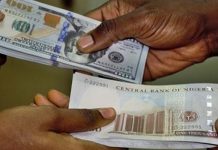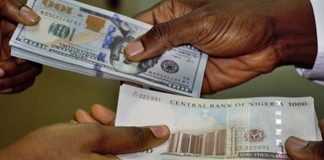Following sell pressure on naira assets, the average yield on Nigerian Treasury bills traded on the secondary market increased by 10 basis points. Treasury bill demand is trending as investors look for inflation-protected investment opportunities.
In their individual market reports, traders reported that there was little trading activity in the Treasury Bills market because most participants were concentrating on the Central Bank of Nigeria’s (CBN) primary market auction.
According to AIICO Capital Limited, by the closing bell, the market was pessimistic due to rising yields on expectations of higher stop rates at the primary market auction. Overall, the average mid-rate increased 10 bps to 20.16%.
Explaining further, Cordros Capital Limited told investors that across the curve, the average yield declined at the short (-1bp), mid (-1bp), and long (-2bps) segments.
The yield contraction was attributed to investors and other market participants’ demand for 92-day to maturity bills whose yield dipped by a basis points.
There was also buying momentum at the belly of the curve as traders said investors increased appetite for 169-day-to-maturity bills, causing their yield to drop by 1 bp, while demand for 330-day-to-maturity bills dragged their yield lower by -2 bp.
Similarly, the average yield dipped by 3bps to 23.5% in the OMO bills segment in the secondary market, according to traders market updates. In the money market, short term benchmark interest rates rose as debit for FGN bonds auction drained liquidity level in the financial system.
Consequently, the overnight lending rate expanded by 10 basis points to 24.1% after the outflow of N297.01 billion for the June 2024 FGN bond primary market auction left the system.
















